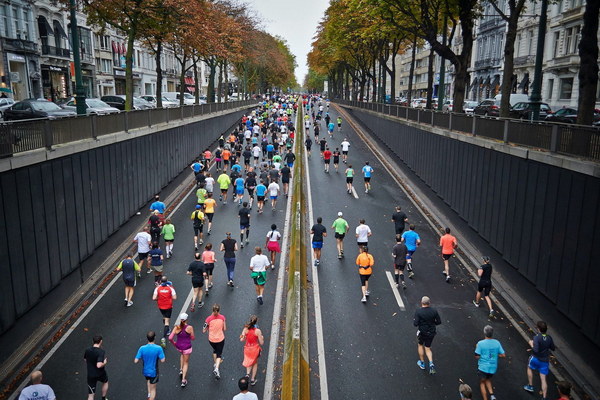Nurturing Your Lungs PostEarly Lung Cancer Surgery A Guide to Recovery
After undergoing surgery for early-stage lung cancer, the road to recovery is a critical time for the patient to focus on lung health. The procedure, while life-saving, can leave the lungs weakened and prone to complications. Nurturing your lungs post-surgery is essential for a smooth and healthy recovery. Here’s a comprehensive guide to help you through this vital phase.
Understanding the Impact of Surgery on the Lungs

Lung surgery, such as a lobectomy or wedge resection, involves the removal of part or all of the lung. This process can disrupt the normal lung function, leaving the remaining lung tissue to compensate for the lost volume. The surgical procedure also involves potential damage to the lung’s natural barriers, such as the alveoli, which can increase the risk of infections.
Post-Surgery Recovery: The Importance of Lung Care
1. Breathing Exercises
Engaging in breathing exercises is crucial for post-surgery lung recovery. These exercises help to expand the lungs, increase lung capacity, and improve oxygenation. Patients should start with gentle breathing exercises soon after surgery and gradually increase their intensity.
- Pursed Lip Breathing: Breathe in deeply through the nose and exhale slowly through pursed lips as if blowing out a candle.
- Deep Breathing and Coughing: Perform deep breaths and coughs to clear the lungs of mucus and prevent postoperative pneumonia.
- Pursed Lip Breathing with Coughing: Combine the two techniques to enhance the coughing process.
2. Pulmonary Rehabilitation
Participation in pulmonary rehabilitation can significantly improve lung function and quality of life. These programs typically include exercise training, education on lung care, and breathing exercises tailored to the individual’s needs.
3. Medication Management
Proper medication adherence is essential to prevent complications and support lung recovery. Your healthcare provider may prescribe antibiotics, pain relievers, or other medications to aid in the healing process.
4. Hydration and Nutrition
Staying hydrated and maintaining a balanced diet is vital for lung health. Water helps to thin mucus and make it easier to cough up, while a nutritious diet provides the necessary nutrients to support recovery.
5. Avoiding Smoking and Environmental Toxins
Quitting smoking is essential for lung health, as it reduces the risk of complications and speeds up recovery. Additionally, avoiding exposure to secondhand smoke, air pollution, and other environmental toxins is crucial for protecting the lungs.
6. Stress Management
Stress can negatively impact lung function and recovery. Finding healthy ways to manage stress, such as through meditation, yoga, or other relaxation techniques, can promote overall well-being.
Monitoring Your Progress and Communicating with Healthcare Providers
Regular check-ups with your healthcare provider are essential to monitor your progress and adjust your recovery plan as needed. Be sure to report any symptoms of infection, pain, or difficulty breathing to your doctor promptly.
Long-Term Lung Care
Even after the initial recovery period, maintaining lung health is essential for long-term well-being. This includes continuing to engage in breathing exercises, participating in pulmonary rehabilitation, and adhering to a healthy lifestyle.
Conclusion
Recovering from early lung cancer surgery requires a focused approach to lung health. By following these guidelines and working closely with your healthcare team, you can improve your chances of a smooth and healthy recovery. Nurturing your lungs post-surgery is a vital step towards regaining your strength and enjoying a better quality of life.









